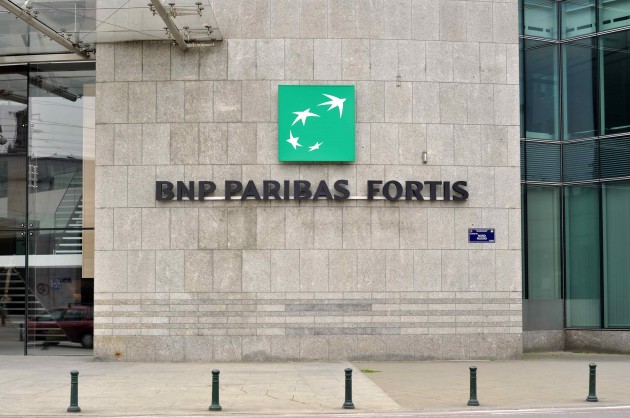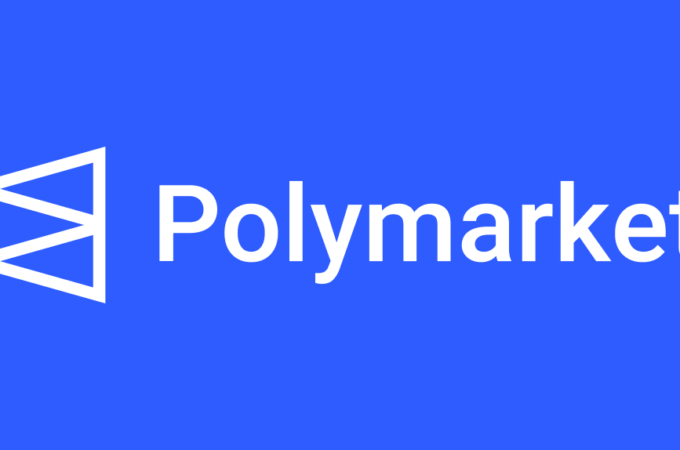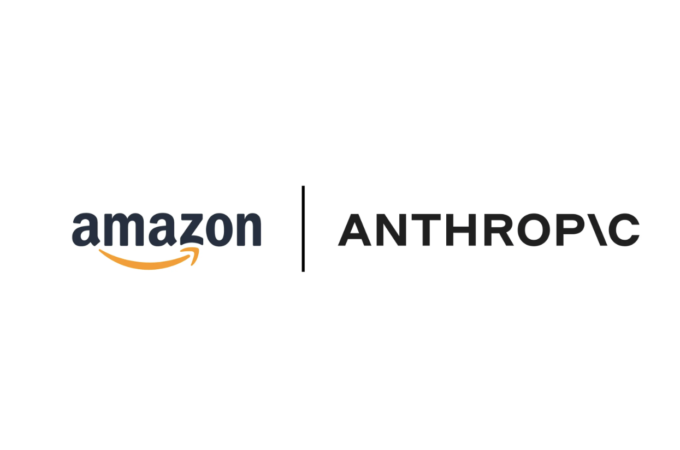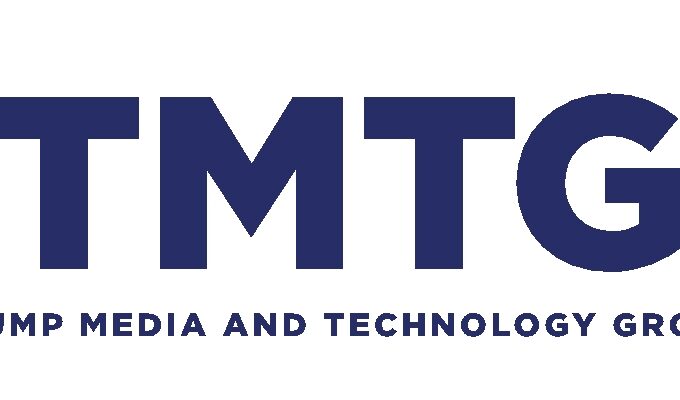
BNP Sees 3 Reasons Why Crowdfunding Could Benefit from Blockchain
By Pete Rizzo for Coindesk
BNP Paribas is choosing to begin its public experiments with blockchain tech by pursuing one of its less discussed use cases – crowdfunding.
The French financial services giant intends to launch a private securities program built using blockchain tech. The effort, a partnership with SmartAngels, a firm that allows entrepreneurs to raise money from private and professional investors, even has ambitious attempts to go live by the second half of 2016.
In interview, BNP Paribas product manager Johann Palychata said that crowdfunding was selected as one of the company’s first use cases due to its ability to impact the market more immediately than other alternatives.
Palychata told CoinDesk:
“With small volumes, yet quite complex processes, we saw an opportunity to work on blockchain technology for crowdfunding.”
Palychata said that BNP believes blockchain tech could address three big challenges in crowdfunding by creating standardization; making it easier to manage and register crowdfunded shares; and increasing transparency and reliability in the market.
“I would say the first thing [blockchain helps] is standardization of the securities registration, that is very important for crowdfunding,” he said.
Palychata further noted that the blockchain would add transparency and accountability to the market, features that wouldn’t be reduced as the number of participants using the platform increased with demand.
The formal announcement follows internal hackathons and explorations by BNP. Palychata described the firm’s approach to blockchain as being in “project mode”, a phase that finds the firm putting an emphasis on prototyping various blockchain applications.
“We’ve engaged with many different counterparties and what you see here with this announcement is we’re clearly going into crowdfunding,” he said.
Still in testing
While Palychata did not say which specific technologies BNP and SmartAngels are using to build the platform, he said that tokens on the blockchain will be used to represent ownership.
“The main function is registering securities on the blockchain,” he said, adding that startup operators would then be able to distribute them to their investors.
Palychata said that BNP conducted a test of its technology on an internal blockchain, and that it would perhaps soon announce steps to introduce other partners to this ecosystem.
He noted that the project will need a functioning order book, investors and startups using the platform for it to be truly tested.
Still, Palychata did not indicate what the timeline for such work would be.
“It’s too early for me to announce other things,” he added.
Secondary market
When asked about the ramifications the project could have at scale, Palychata was quick to focus on the steps ahead for the pilot, preferring not to speculate on its impact.
To start, he said, the project could be considered a success by simply becoming a platform for securities that aren’t currently listed by major exchanges.
“We see a huge benefit for the market to have such a platform in place,” he said. “Obviously, when you have a platform on which you have many issuers and investors, you have the development of a secondary market. But that’s not the first goal we’ll reach.”
As for whether startups and small businesses will continue to leverage crowdfunding, and whether they’ll look for the efficiencies of a blockchain platform, Palychata was similarly focused on the work ahead.
He concluded:
“Blockchain might enable a secondary market. We’ll see.”
BNP image via Shutterstock
First appeared in Coindesk





